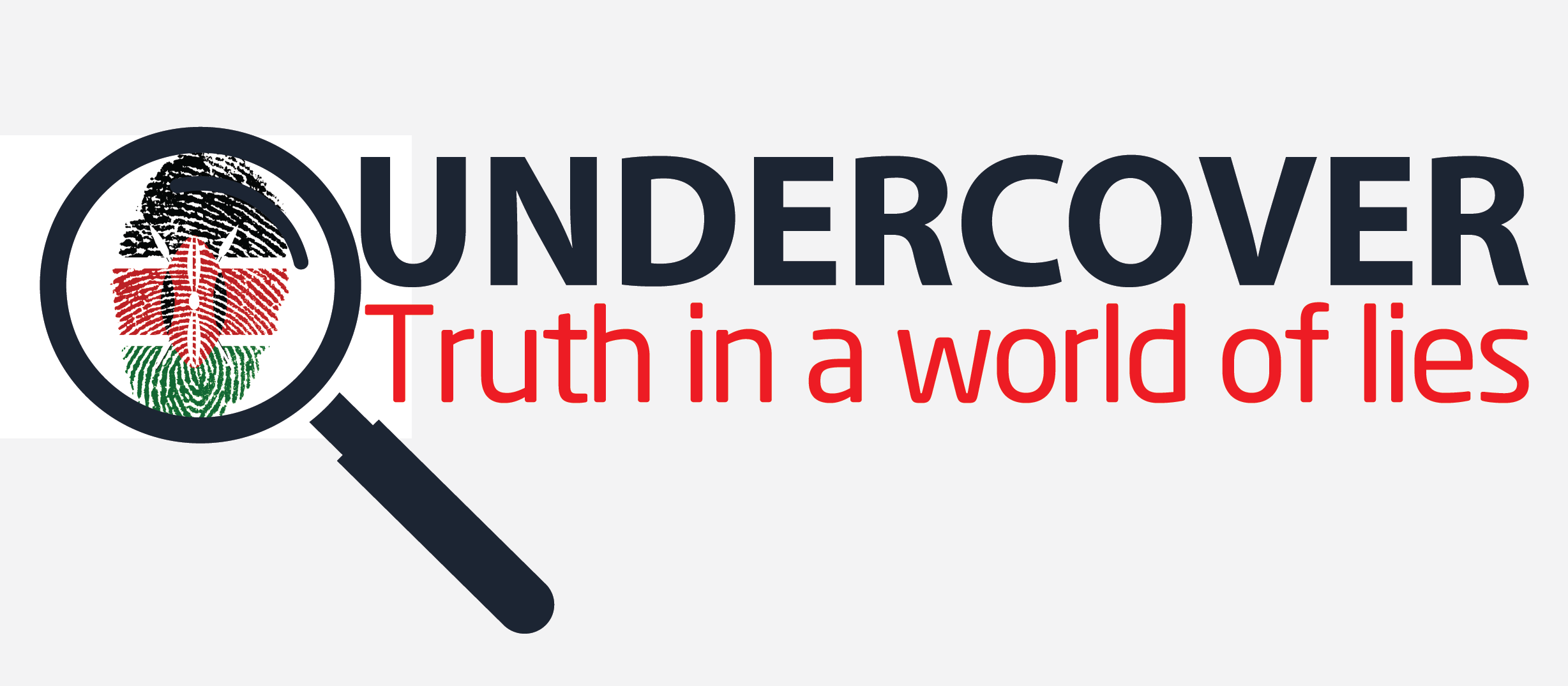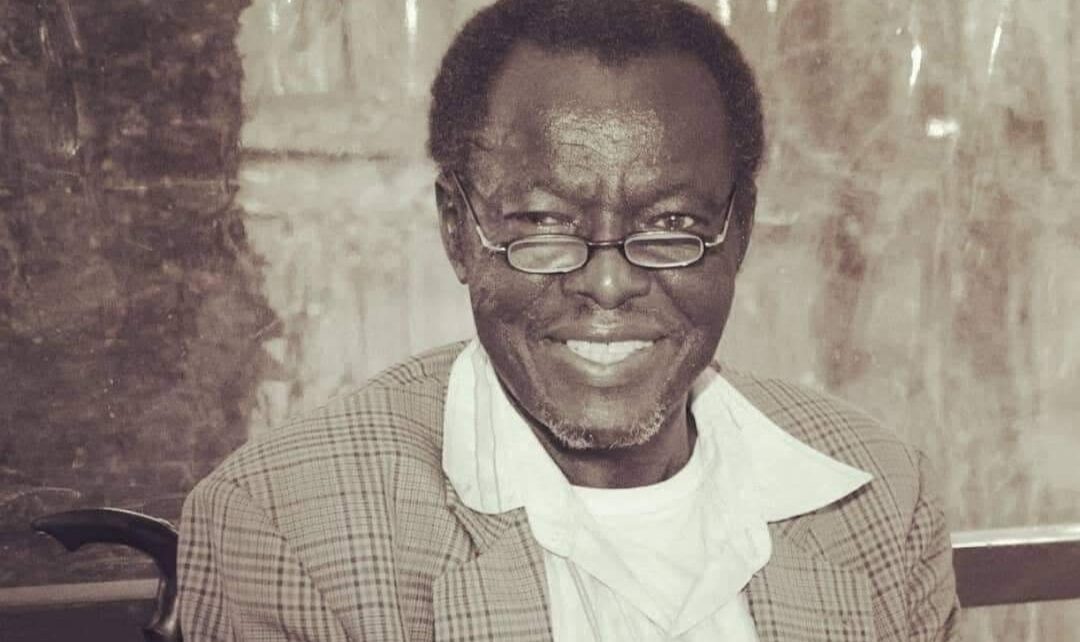He gave Moi, The Prince, the political bible whose teachings he used in his iron-fisted 24 year presidency
By Undercover Reporter
@Undercover KE
He died when major news outlets were reporting the burial of retired President Daniel arap Moi on February 11. A wrong time to die if you were once a well-known political maverick, historian and writer as Wanguhu Ng’ang’a.
The father of four and grandpa of six, battled diabetes, but succumbed to renal failure. An online harambee to offset medical bills has so far raised slightly over Sh100, 000 on gofundme.com.
To Kenyans of a certain generation, Wanguhu, was the never-say-die perennial political underdog. He lost in all elections he vied in. A product of Communist funded education during the Cold War when America and Russia were the world’s two super powers, Wanguhu was a trained journalist when wazungu editors and reporters called the shots in local media houses at independence in 1963.
He remained a socialist in a capitalist country, even when politicians with socialist leanings went far-in the wrong direction-were murdered, lived in penury, were condemned to Kenya’s political Siberia.
Wanguhu later redeemed himself in intellectual posturing, writing his magnum opus of 2006, Kenya’s Ethnic Communities: Foundations of the Nation. Released by Gatundu Publishers, the 822 page tome hit the bookstands just before the 2007 post-election madness with a bloody theatre acting out in Moi’s Rift Valley backyard.
Ironically, the lives of the two men-Wanguhu and Moi- were intertwined, somewhat. It was Wanguhu who gave Moi, Niccolo Machiavelli’s classic, The Prince, a political bible whose teachings Moi applied to the letter in his 24 year iron-fisted presidency.
Charles Njonjo derogatorily thought Kalenjins were only good at herding cattle not ruling people
Wanguhu, marked out key chapters on propelling a politician to power, besides simplified notes on how to retain that power. It was among the three books on Moi’s bedside table alongside the Holy Bible and Robert Greene’s 48 Laws of Power-which has a connection to politician Peter Oloo Aringo- the master of platitudes.
But The Prince was to have a profound effect on how Moi dealt with political friends, foes and while navigating the murky waters splashed at him.
One of the teachings in The Prince is to make your enemies larger than life before pricking their balloons with the perfect victim in Attorney General Charles Njonjo. He derogatorily thought Kalenjins were only good at herding cattle not ruling people. Moi made Njonjo believe he was a co-president, lifts in presidential Limo and all. Njonjo often spoke about “my government” until after the 1982 abortive coup when he was branded a “traitor out to overthrow the government using foreign powers” the following year. His balloon pricked during the Njonjo Commission of Inquiry in 1984 before Moi pardoned him “for service to the nation.” But his political career- for he had thought Moi was warming the seat for him-was over.
Moi met Wanguhu when he was a jailbird-and prisons fell under Moi appointed Vice President and Minister for Home Affairs in 1966. Wanguhu had been jailed a year earlier for trying to replace the power structure in Kanu, then the ruling party using communist teachings.
Sitting where the Pan African Christian University is in Kasarani, the institution taught leftist ideologies
It so happened that Wanguhu returned with a diploma in journalism from Czechoslovakia, an Eastern Bloc country rife with communism doctrine. He was employed as a sub-editor at the Voice of Kenya (KBC), from where Jaramogi Oginga Odinga who had facilitated his scholarship, picked and made him Deputy Head of the Lumumba Institute in Nairobi. Sitting where the Pan African Christian University is in Kasarani, the institution taught leftist ideologies. But it was when Wanguhu and his students stormed Kanu headquarters and had him installed Secretary General having ‘overthrown’ Tom Mboya that he was arrested over the ‘coup’ in 1965.
It was while in prison that they became friends and while it lasted Wanguhu gave Moi The Prince. Moi shortly facilitated his release and Wanguhu later became Moi’s media go-between.
The Prince teaches that a ruler, once in power, has to get rid of all the kingmakers. It was Njonjo who had suggested that Moi be made Vice President, who used the constitution to ease his ascendancy, but he used the treatise in The Prince to cut Njonjo to size-making your enemies rise up before smashing them they are nonplussed what hit them.
The Prince also advises if you crush your enemies, ensure its final, lest they rise and turn against you.
When Moi was trying out in business, it was Kenneth Matiba, then Managing Director of Kenya Breweries who helped Moi set up a beer distributorship. It later morphed into what is today the multi-billion Siginon Global Logistics. Matiba, an early million in 1970s Kenya, then later got into politics, but could not stand Moi’s single party tyranny. He became the first Cabinet Minister to resign in post-independent Kenya and went into Opposition politics in 1991.
Here was a formidable political friend, turned foe. In applying lessons about crushing your opponents with finality as contained in The Prince, Moi forgot how Matiba often bailed his children, Gideon Moi and the rest, when Moi was short of cash for school fees. He forgot how his children would visit Matiba’s sprawling farm in Riara and would it more homely than Kabarnet Gardens they would spend the weekends there.
Moi starved Matiba’s hotels by denying them government conference businesses there. He then had Matiba detained and denied medication for his high blood pressure he suffered stroke for which he never recovered. He died a sorry shell of his former dashing self in 2018 at 86.
In retrospect, Wanguhu was later to say Moi employed The Prince “for himself very well, but not for the country.” Among other pickings used by Moi from the book first published in the 15th century included his omnipresence in bank notes and portraits, malleable trust, handpicking henchmen, befriend your enemies and appearance matters-which explains Moi’s rungu as an appendage of power, sartorial elegance, rim rod posture, fitness and being ever in the pink of health he never wore eye glasses in public.
Other lessons Moi used in The Prince include; colliding feuding opponents, divide and rule and carrot and stick tactics. It is better to be feared than loved is another maxim that made Kenyans fear mentioning him, instead, they used nicknames: M-0-1, Nyargen and Nyayo.
Though by then Kenya had become a multiparty democracy, Wanguhu, having been weaned with communist ideologies, remained true to his socialist leanings even when most local politicians who adhered to them came to grief: Jaramogi Oginga Odinga remained in the Political Siberia for donkey years, Achieng’ Oneko lived in penury, Pio Gama Pinto was assassinated, Kenya’s first such use of murder as a tool of political management. Other socialist politicians include; the late George Anyona, Mtumishi Njeru Kathangu and Koigi wa Wamwere who over the years still spot the Communist collarless tunics.
Never mind the Cold War ended in 1989 with the collapse of the Soviet Union and with it, the death of communism and socialism as major political ideologies-now only found in Cuba, North Korea and China-which has a Communist political structure underpinning its capitalism forays. That made the USA the only super power with capitalistic democracy as the domineering global ideology.
While the aforementioned, at least, won elections, Wanguhu was not as lucky.
At the height of the multiparty democracy to remove Kanu from power in the 1992 General Elections, it was hard for a political hopeful to lose to the ruling party if one was vying on a Ford Asili ticket, the party of the moment. Wanguhu was the Ford Asili candidate for the Westlands seat, but still lost to Amin Walji of Kanu! Allegations of rigging aside.
Besides The Prince, as underlined by Wanguhu, Moi also used 48 Laws of Power and this is where Oloo Aringo, the one-time MP for Alego Usoga and Minister for Education in the Kanu government where as a court poet, he once told Moi in a political rally that “your excellency even the trees, the maize and plants sway to the sound of Nyayo, Nyayo…”
But Aringo, today a Commissioner with the Salaries and Remuneration Commission, overreached himself when in a trance of sycophancy called Moi “the Prince of Peace” which is what the bible said of Jesus Christ. Being a front-pew Christian of the puritanical Africa Inland Church, Moi, who didn’t mind hyperbolic praises, but put brakes on being likened to Christ.
But Aringo came in handy, reading chapters in 48 Laws of Power, and suggesting their application over lunchtime sessions at State House Nairobi. The book was published in 1998 when Moi was beginning his second term which ended in 2002-just like Peter Oloo Aringo’s.
Wanguhu Ng’ang’a, huruka thayu.

